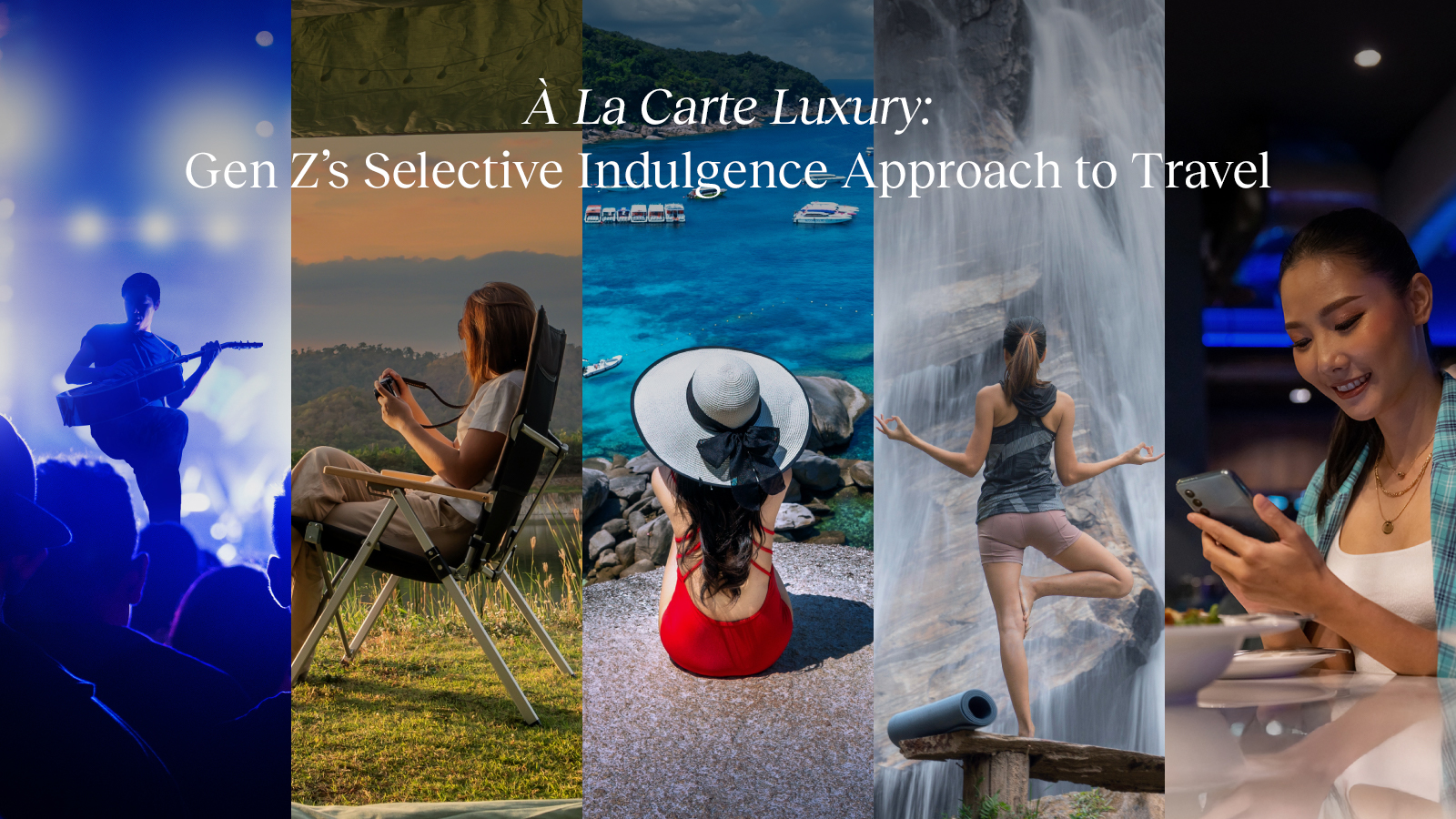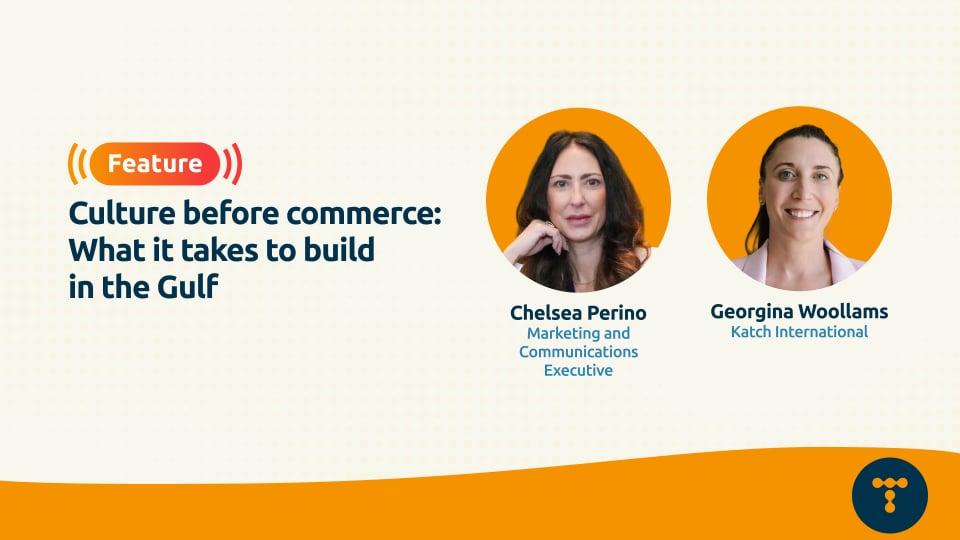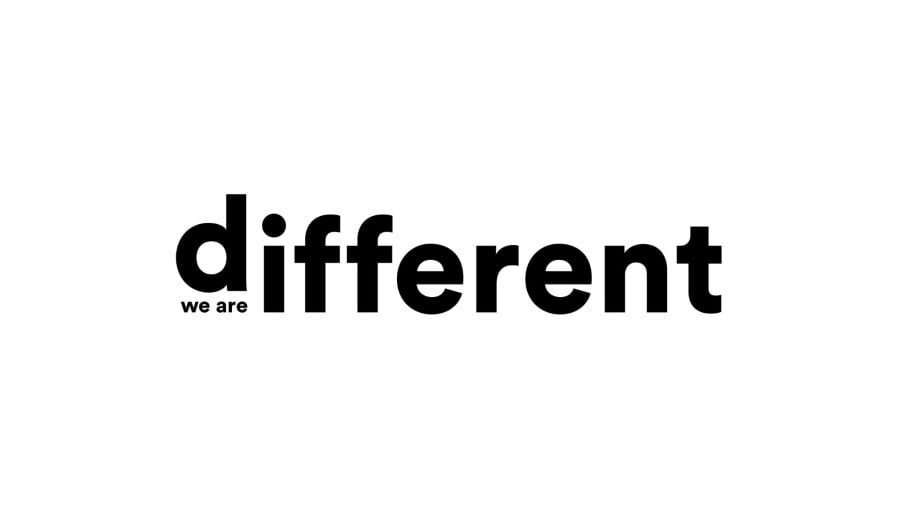The study, �A� La Carte Luxury: Gen Z�s Selective Indulgence Approach to Travel�, surveyed nearly 2,500 Gen Z consumers across Hong Kong, India, Indonesia, Malaysia, Singapore, Thailand, and Vietnam. The report dives into their spending priorities, values, and how brands can evolve to meet this generation�s rising expectations.
Key Regional Findings
1) Entertainment takes top spot in travel spending
Entertainment is the top spending priority for Gen Z travellers, especially in Singapore, Malaysia, Hong Kong, and India. These travellers actively seek emotionally resonant experiences that provide excitement and a sense of connection.
- 61 per cent of respondents cite cultural festivals as worthy indulgences.
- Over 40 per cent are willing to splurge on concerts, music festivals, and film or TV set-jetting.
Food is a key decision driver for 92 per cent of Gen Z travellers, reflecting their understanding that a memorable meal can connect them to the heart of a place and deepen their appreciation of its culture.
- Atmosphere (58 per cent) and exclusive culinary events (50 per cent) rank as the most appealing aspects of restaurants.
- While Singaporean (44 per cent) and Malaysian (43 per cent) travellers prefer exploring local street food markets,A Indian and Thai travellers are more drawn to restaurants helmed by celebrity chefs or highlighted in the media, which indicates the growing influence of pop culture on dining choices.
Self-care and wellness are the second-biggest travel motivators for Gen Z travellers, with 85 per cent choosing a destination specifically for its wellness offerings.
- Nature therapy such as forest bathing and guided hikes are highly favoured, especially in Indonesia (77 per cent).
- In contrast, respondents in Singapore, Hong Kong, and Vietnam prefer spa and therapeutic treatments.
Aesthetic appeal is a strong influence on destination choice, with 77 per cent of respondents across all markets choosing locations that are trending online.A
- Thailand (92 per cent) and Indonesia (70 per cent) travellers choose destinations that are trending online, especially on Instagram, TikTok, and YouTube.
Nearly 7 in 10 Gen Z travellers consider ethical and sustainable choices when planning luxury travel, signalling brands can leverage this desire to do good by investing in sustainability communications.
- Travellers from Vietnam (63 per cent) and Indonesia (62 per cent) are spending more on eco-friendly travel, likely driven by strong support for sustainability and greater climate change awareness.
- In Singapore and Hong Kong, where green spaces and sustainability efforts are already common, fewer travellers spend extra on eco-friendly trips.
�Consistency between communication and execution is key. When it comes to influencer campaigns, it�s not about celebrity status - it�s about authenticity. Gen Z values real voices and meaningful connections. In fact, they often become the most powerful advocates when an experience truly resonates. They�re not just chasing ROI - they�re seeking ROX: Return on Experience.�



